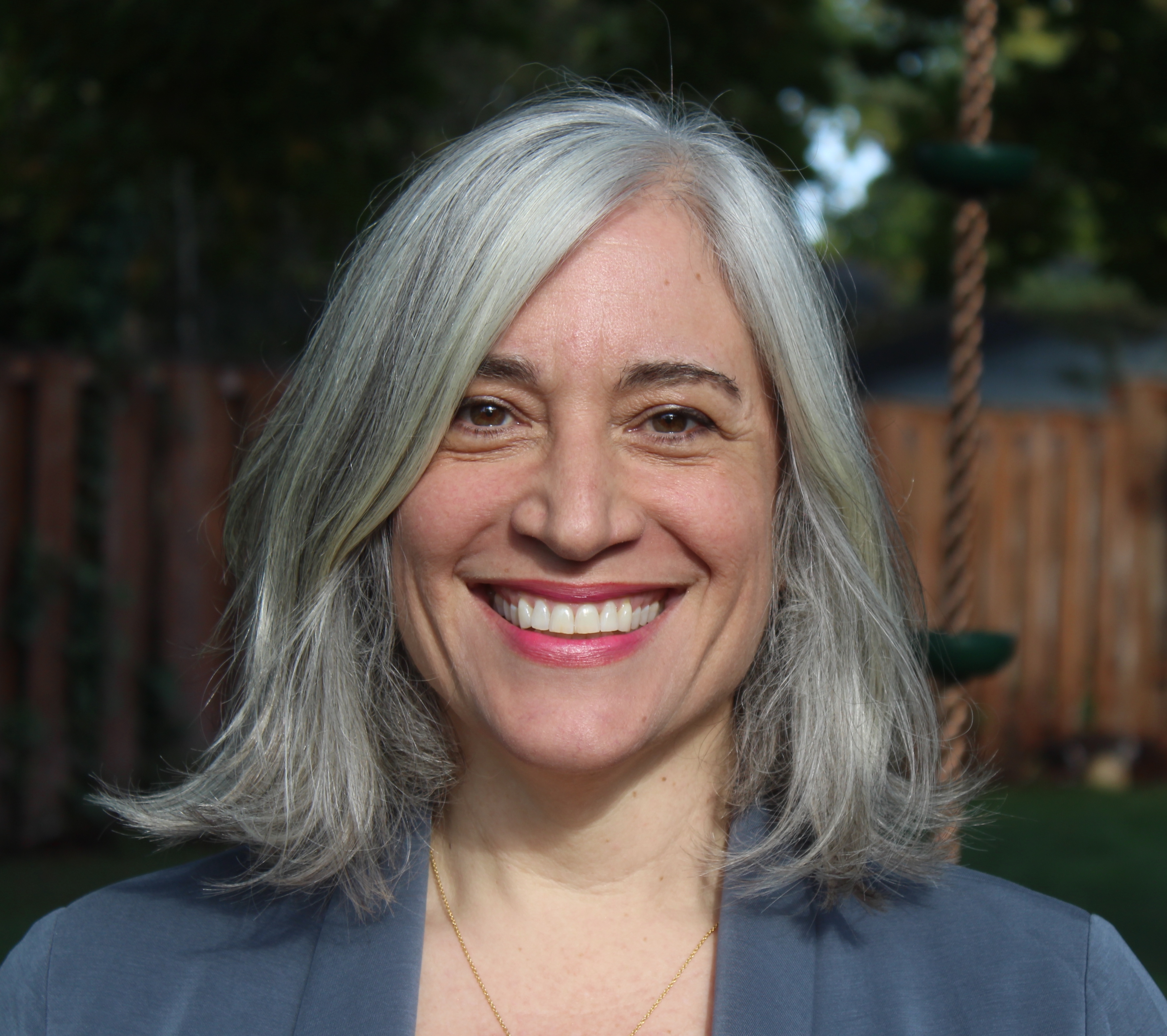- About
About
- Academics
Academics
- Research
Research
- Admissions
Admissions
- Student Life
Student Life
- Athletics
Athletics
- Giving
Giving
- Students, Faculty & Staff
- Parents
- Visitors
- Alumni

Director of Media Relations
Office of Communications and Public Affairs
(610) 758-3224
lof214@lehigh.edu
Lori Friedman is Director of Media Relations in the Office of Communications and Public Affairs. In addition to leading media outreach at Lehigh, she often writes feature stories for the university's online news sites and print publications.
With more than ten years of experience in nonprofit and advocacy communications, Friedman is proud of the work she has done to advance causes related to healthcare, education, science, environmental preservation and social justice. Her media relations and digital communications efforts have been recognized with awards from leading PR industry groups Bulldog Reporter and the Public Relations Society of America (PRSA).
She holds a Masters of Fine Arts and a Bachelor of Arts from the University of California, San Diego.
In a recent article, sociologist Ziad Munson explores the complex ways religion and the pro-life movement have intersected, an idea he also examines in his book, Abortion Politics, about how abortion in the U.S. has been “constructed as a controversial issue.”
Sociologist Hugo Cerón-Anaya's new book examines three upscale golf clubs in Mexico City and how inequalities are perpetuated in these spaces where the elite and the marginalized collide.
Professor Arindam Banerjee’s Rayleigh-Taylor-instability experiments confirm that the instability of elastic-plastic material is a function of initial conditions, such as amplitude and wavelength.
Volkmar Dierolf and an international team demonstrate the possibility of tuning the color of a GaN LED by changing the time sequence at which the operation current is provided to the device.
Three-year grant will support the integration of humanities teaching and scholarship across all disciplines through research, curriculum development and undergraduate student experiences.
Physicist Rosi Reed works with an international group of scientists and engineers to map quark-gluon plasma’s phase diagram.
The discovery of a new three-dimensional shape could advance understanding of cell topology and the field of regenerative medicine.
Lehigh researchers study two approaches to achieving and maintaining nuclear fusion: magnetic confinement and inertial confinement.
Lehigh researcher Muzhe Yang co-authored the first study of the infant health impacts of maternal stress caused by long-distance commuting.
Lehigh engineers have developed a simple model for virus-host cell interaction driven by Ebola’s adhesion to cell surface receptors.
First study of the extent of global peatland and carbon storage over the last 130,000 years fills in key knowledge gap, affirms peatlands’ effectiveness as a long-term carbon storage mechanism over a long timescale
Experiments show electric field can modify silicate glass, causing parts to melt while remaining solid elsewhere; discovery suggests heat in glass could be produced on a very fine scale, could point to performance challenges for devices where glass is used, or could be employed for superior molding and shaping with much less energy
For the first time, a team of researchers from Lehigh University, Oak Ridge National Laboratory, Lebanon Valley College and Corning Inc. has demonstrated that laser-generated crystals confined in glass retain controllable ferroelectric properties, key to creating faster, more efficient optical communication systems.
First study to look at gender differences in trustworthiness and perceptions of benevolence in the context of hierarchical negotiations, such as wage-labor agreements, finds that women and men reach very similar negotiations outcomes in a neutral setting.
'The Films of Mira Nair: Diaspora Vérité,' a new book by Professor Amardeep Singh, is the first to offer an overview of the Indian-American film director’s body of work.
With recent NSF support, Lehigh science, engineering and education faculty will develop a new approach to graduate education centered around a stronger collaboration between academia and industry than the traditional method.
Professor Kelly Schultz presents new research on cross-linked polymer interactions’ impact on gel structure, which could improve tailoring of implantable scaffolds to regrow tissue.
Lehigh University and the Bethlehem Area Public Library will co-host numerous events to celebrate the 200th anniversary of Mary Shelley’s "Frankenstein."
Professor Eugenio Schuster has recently been named ITER Scientist Fellow in the area of Plasma Control. The International Thermonuclear Experimental Reactor (ITER) promises to be the first nuclear-fusion reactor to produce net energy.
The National Science Foundation has awarded Professor Zicheng Yu a grant to study the rapidly changing Arctic and track the dynamics of peatlands as part of one of its ten “Big Ideas” for scientists to tackle.